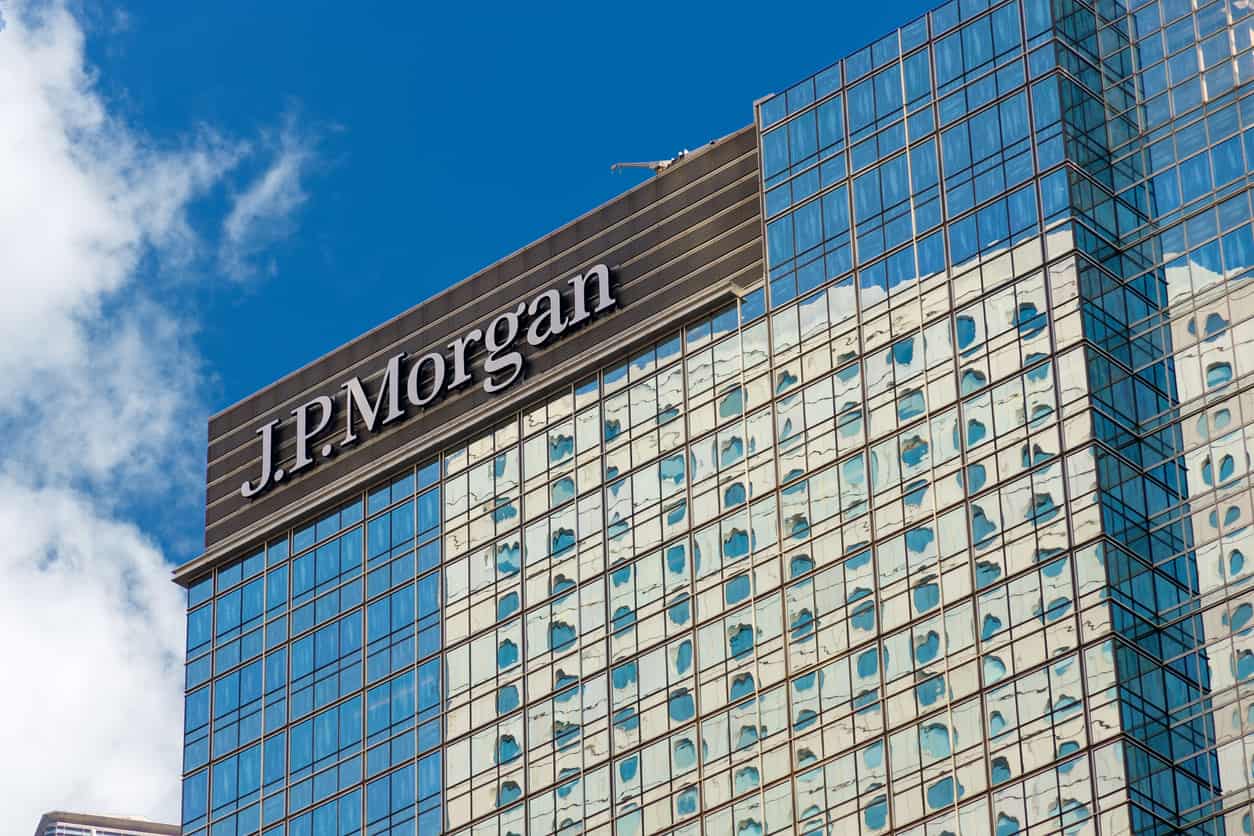JPMorgan Suggests Investors Shift from Tesla to Auto Parts Suppliers Aptiv and BorgWarner.
In a recent update, JPMorgan’s analysts are advising investors to reconsider their Tesla (NASDAQ: TSLA) holdings. Instead, they’re pointing toward auto parts suppliers like Aptiv (NYSE: APTV) and BorgWarner (NYSE: BWA) as better bets right now. Their reasoning centers on the changing regulatory landscape and valuation concerns.
Tesla’s earnings estimates have taken a hit this year, dropping by roughly a third since late March. That timing isn’t a coincidence. It comes shortly after the announcement of 25% tariffs targeting the auto industry—a move that hits automakers harder than their suppliers.

But tariffs aren’t the only concern. JPMorgan highlights the looming possibility that two electric vehicle subsidies might be phased out soon. If that happens, Tesla’s global profits could take a serious hit, potentially shrinking by up to half, according to their calculations. Add in the intensifying competition from both Chinese and international EV makers, plus some internal shake-ups like the exit of a key Tesla executive, and you get a picture of growing challenges.
On the other hand, companies like Aptiv and BorgWarner appear to be weathering the storm better. These suppliers aren’t directly hit by tariffs, and their business models are closely tied to the ongoing shift toward electric vehicles. They’ve invested heavily in things like power electronics and battery management systems—areas that will only grow in importance as the industry electrifies.
Valuation also plays a big role in JPMorgan’s call. Aptiv and BorgWarner trade at much more reasonable price-to-earnings multiples—around 9.3x and 7.6x respectively—compared to Tesla’s eye-popping 141x. This suggests investors might get more bang for their buck with suppliers.
Another factor worth noting: Aptiv and BorgWarner serve multiple automakers worldwide. This diversity helps cushion them from troubles at any single manufacturer. Plus, their efforts to strengthen supply chains and optimize manufacturing locations give them an edge amid ongoing global trade uncertainties.
For investors who want exposure to the electric vehicle revolution but prefer a more balanced risk profile, JPMorgan’s analysts make a convincing case for shifting some capital into auto parts suppliers over Tesla, at least for now.
People Also Ask
Q: Why are analysts recommending selling Tesla?
A: Mainly because of regulatory challenges like tariffs and subsidy cuts, rising competition, and significant downward revisions in Tesla’s earnings outlook.
Q: What makes Aptiv and BorgWarner better options than Tesla right now?
A: They face fewer direct tariff impacts, have more diversified customers, and trade at much lower valuations while benefiting from long-term EV trends.
Q: How do tariffs affect automakers versus suppliers?
A: Tariffs mostly increase costs for automakers, whereas suppliers feel much less of a direct impact.
Q: What impact could the end of EV subsidies have on Tesla?
A: It could reduce Tesla’s global profits by nearly half, which is a substantial risk to its earnings.
Q: How are Aptiv and BorgWarner positioned in the electric vehicle market?
A: Both companies supply critical EV components and have invested in emerging vehicle technologies, positioning them well for the industry’s future.














